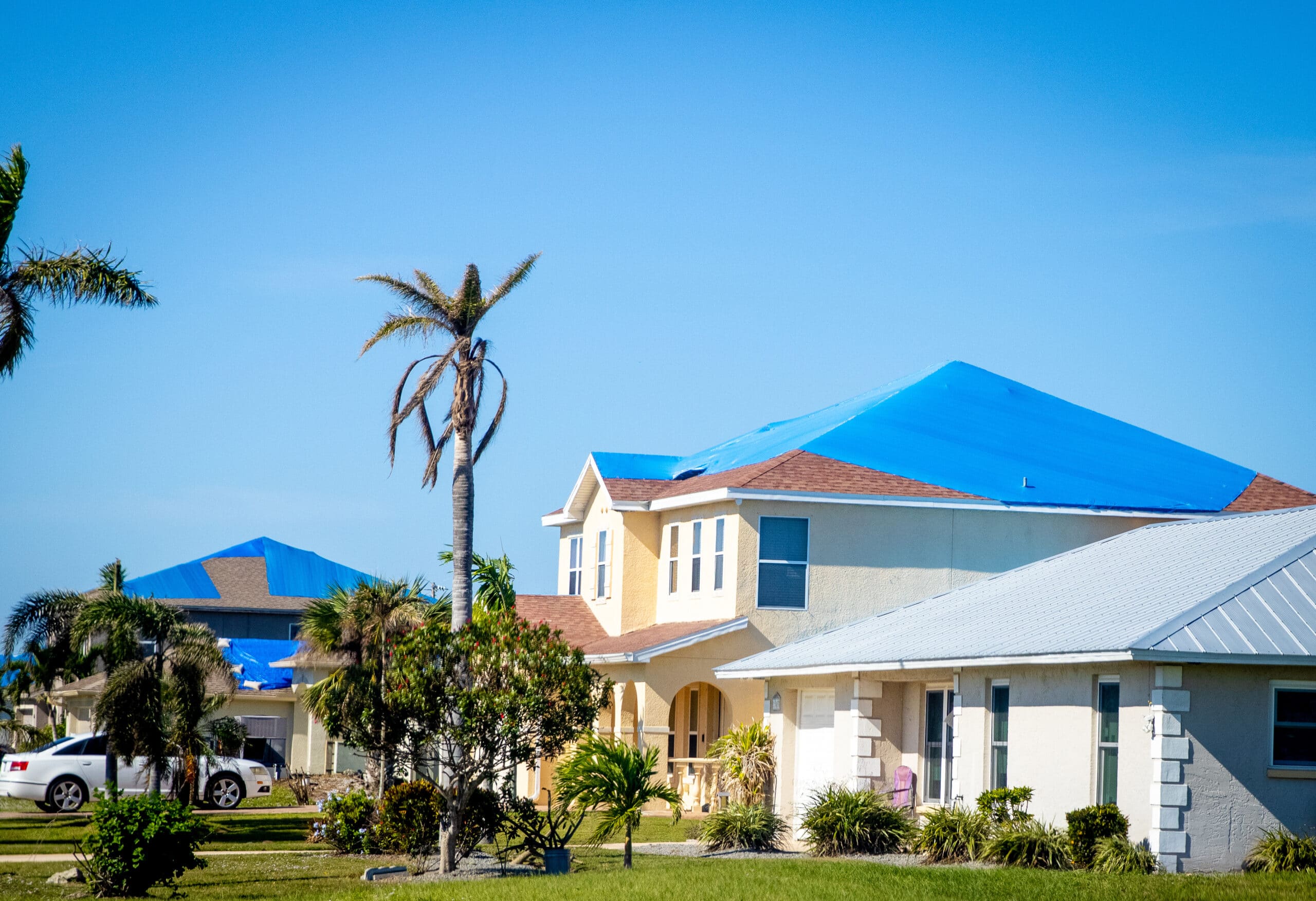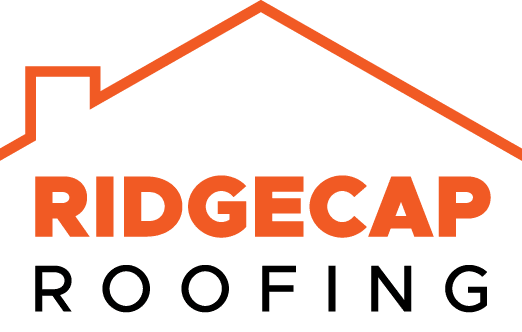Residential Roofing
Designed to withstand the harshest weather conditions, residential roofing offers a wide range of benefits to property owners. Residential roofs offer a quick installation, saving property owners thousands of dollars not only upfront, but also by providing easier accessibility for maintenance and repair needs.
Why Consider
Residential Roofing
The offered versatility, functionality, and economic benefits of residential roofing make this roofing solution a compelling choice for properties in Florida.
Residential roofing can be a practical and efficient choice for Florida properties, for several vital reasons. First, the climate in Florida is characterized by high temperatures and heavy rainfall, which makes a flat roof an ideal option for efficient water drainage and prevention of pooling or leakage – thus
protecting your property from potential further damage and costly repair needs.
Flat residential roofs are also relatively easier and more cost-effective to maintain and repair compared to pitched roofs, ensuring reduced long-term expenses.
Benefits of
Residential Roofing
Depending on the design of your residential property, installation of a residential roof can prove worthwhile for several reasons beyond withstanding the extreme Florida weather conditions.
- Quick Installation
- Durability
- Ideal Surface for Solar Panel Installation
- 15 - 50 Year Lifespan
Types of
Residential Roofing
- Asphalt Shingles
- Spanish Tile
- Wood Shake
- Metal
- 5V Metal
- Standing Seam Metal
- Flat

How We Install Residential Roofing
1
APPOINTMENT
Once the appointment is scheduled, a rep will come to your home to inspect and measure your roof. Once the measurement is complete, you will be supplied with an estimate.
2
PAPERWORK
Once the estimate is approved, the contractor will require a signed NOC (notice of commencement) and the signed contract. In accordance with Florida law, the NOC will need to be recorded at the local courthouse. After we receive the NOC and contract, the permit is submitted to your local building affiliation.
3
REMOVE OLD ROOFING
First thing we do is remove the old roofing materials. Once the old materials are removed, we inspect the plywood to be sure that it is nailed off and in accordance with Florida Building Code. Includes disposal of materials.
4
UNDERLAYMENT
Roofing underlayment is what lies between the shingles and the roof sheathing, or roof deck, which is typically either plywood or OSB. It’s installed directly on the roof deck and provides a secondary layer of protection from the elements, including rain and wind. Depending on the type of underlayment that is selected, it will be installed in accordance with manufacture specifications and installed to Florida Building Code.
5
ROOFING MATERIAL
Depending on what type of roofing material that you choose, whether it’s a shingle that gets nailed in place or a metal roof that gets screwed in place, all materials are installed in accordance with the manufacture specifications, and installed to Florida Building Code.
6
FINAL CLEAN UP
During the roofing process, we keep the job site as clean as possible. Once the project is completed, we do a final cleanup and ask that you approve that the roof and the cleanup is done to your satisfaction.
7
INSPECTIONS
During the installation of your new roof, there will be multiple inspections required from your local building officials. For example, some of your building officials require a plywood nail off inspection, a dry in inspection, an in progress inspection, and a final inspection.
other roof types
other roof types
ASPHALT SHINGLES
Attractive, Affordable Roofing Solution
METAL ROOFING
Enhanced Durability and Longevity
WOOD ROOFING
Longevity Meets Durability
TILE ROOFING
Longevity Meets Durability

